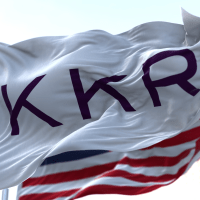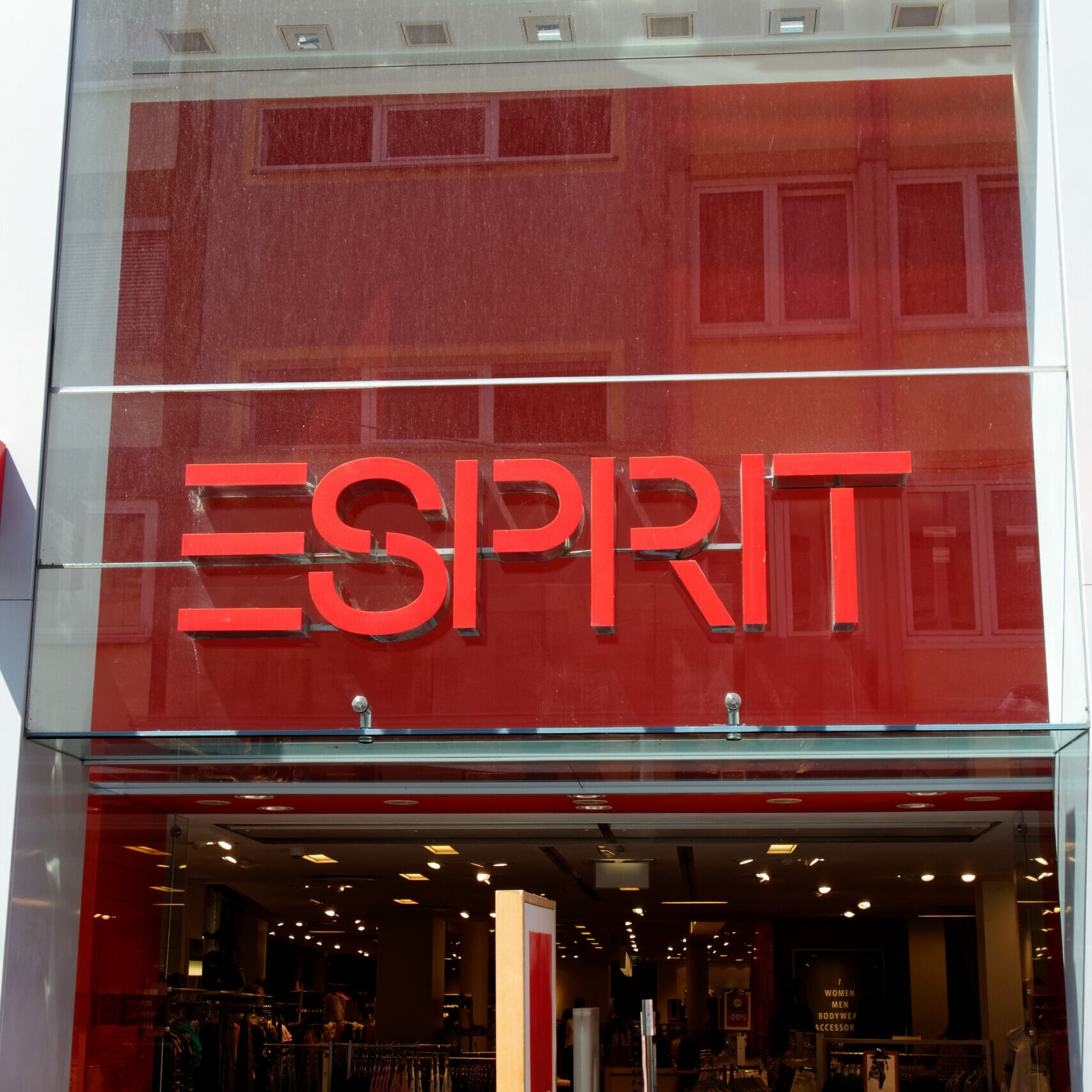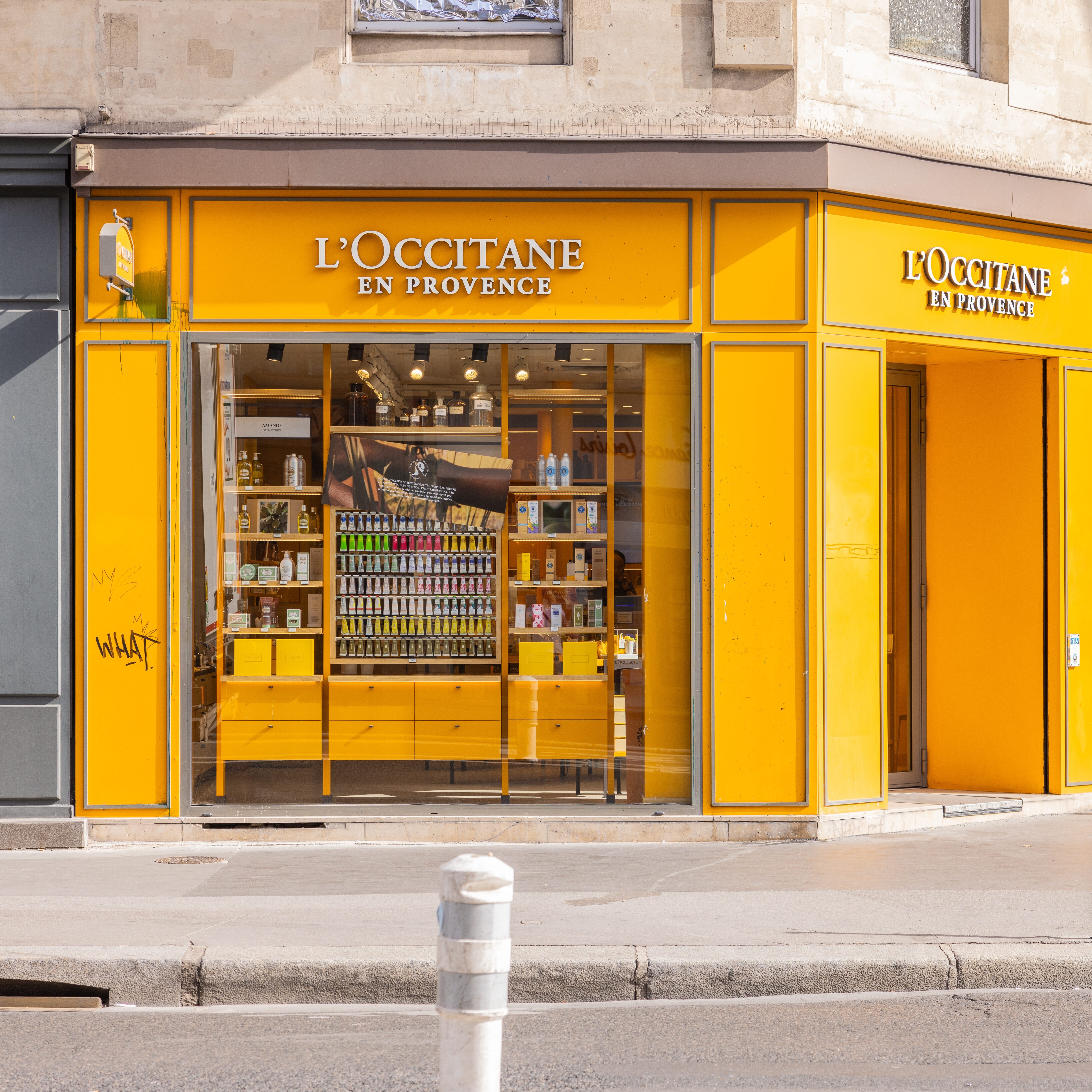A Q&A with Greg Wojciechowski, President and CEO at Bermuda Stock Exchange (BSX)…
How would you summarise 2017 from a business growth perspective for BSX?
Strong global market conditions contributed to positive listing activity across most sectors of the BSX’s business. Listing activity was particularly strong in international debt and insurance linked securities (ILS), both of which reached record levels.
International debt listings grew to 167 securities, up 44 per cent from 116 the previous year with their nominal value growing from USD2.0 billion to USD4.6 billion.
New ILS listings totalled 103 securities for the year with a nominal value of USD11.54 billion. This represents growth of 69 per cent in terms of the number of new securities listed in the year and an 87 per cent growth in the nominal value. At the year-end, the total number of ILS securities listed stood at 227 securities with a total nominal value of USD25.99 billion. 2017 showed a record in ILS both globally and for the BSX.
The Exchange also listed four new collective investment vehicles, three new equities and 20 new derivatives. A further nine subsequent issues were also processed by the BSX.
As of year-end there was a total of 865 listed securities on the BSX, compared to 753 in 2016.
What was demand like for new ILS listings and what trends have you seen in this area?
The BSX is particularly proud of its position as the global leader in the listing of ILS vehicles. Not only are Bermuda vehicles listed on the BSX but structures from Ireland, the Cayman Islands are listed as well. The BSX looks forward to providing a listing platform for UK-based ILS vehicles as that market gains traction.
Currently, over 80 per cent of ILS issued globally are listed on the BSX.
The BSX is one component of the Bermuda’s value proposition in respect of the global reinsurance and ILS sector. There are very few jurisdictions that can offer the full array of services required to support this exciting and developing asset class as Bermuda does.
Aside from ILS listings, what trends have you seen over the last 12 months in respect of collective investment fund vehicles?
Bermuda is well known and respected in the global asset management space. It is home to nearly 800 funds with an aggregate AUM of USD160 billion.
The well-established regulatory and commercial platform that has serviced the global asset management industry from Bermuda for years continues to evolve in an entrepreneurial fashion and is now very active in servicing dedicated fund structures whose focus is investing in ILS. In fact, Bermuda’s fund growth over the last several years has been tied to the ILS space. The island is home to some of the world’s largest ILS asset managers and earliest adopters.
The BSX reflects this trend and currently has over 300 collective investment fund structures listed representing a wide array of global investment strategies.
How important is it for an electronic offshore exchange like BSX to have a core platform and regulatory framework in place, in order to support innovative new products and strategies?
It is crucially important. For an exchange to be considered a platform able to support global capital market needs, it must first be able to provide key domestic capital market services to its domestic economy.
Simply put, the exchange must have the infrastructure in place to support all aspects of exchange operations if it wants to be in a position to provide capital market support in new products and market strategies to the international marketplace.
In my opinion, in order to be called an exchange, the entity must do the fundamental things that exchanges worldwide do on a daily basis for their domestic market. This includes providing an open, accessible and regulated marketplace for investors to buy and sell securities. The platform must provide the ability for price discovery for secondary market transactions. In addition, it must support the trading mechanism and crucial post-trade services such as clearing, settlement and depository services.
There are companies that provide a subset of exchange services, such as listing support but these platforms have yet to transition to an exchange structure that provides the full suite of expected exchange services as noted above.
The BSX has been operating a fully developed electronic trading clearing and settlement platform for many years. The platform plays a critical role in Bermuda’s domestic economy while leveraging its solid and globally recognised stock exchange structure to support new and evolving business both locally and from international sources.
Following this, are you seeing interest among global fund managers and entrepreneurs in developing cryptocurrency strategies and ICOs?
Yes indeed. The Bermuda Government has stated its intention to develop a cyber/crypto and blockchain technology strategy for the country. That said, the strategy is likely to be carefully designed to support a specific segment and customer demographic and very much in line with Bermuda’s careful yet commercial approach to business.
The BSX is involved in discussions surrounding this space and is staying broadminded in respect of supporting the space and various products. This is a segment that is attracting significant attention from global regulators, central banks and governments in an attempt to ensure that an appropriate and functional framework exists, and all participants operate in an open, regulated and fully transparent manner.
In respect of the BSX, our entry into the crypto asset space will be carefully calibrated, measured and deliberate.
How big an opportunity does BSX regard this burgeoning asset class and what are the risks that you, as a leading offshore exchange, need to be mindful of?
The BSX view, I believe, is in alignment with most of the world’s exchange operators in that crypto/cyber is viewed as an opportunity but there are challenges and specifics that will need to be addressed to attract greater institutional participation without which could stifle the growth of this segment.
Global exchange operators are actively analysing the space to determine the intersection between traditional markets and this new marketplace structure.
How has 2018 been thus far for the exchange and what are you hoping the year will bring, from your vantage point as President and CEO?
Thus far, we continue to see the momentum that developed in 2017 in the ILS and international fixed income space strengthen. As more global insurers and reinsurers view alternative capital as ‘here to stay’, and investors continue to find the asset class attractive, we anticipate another strong year for ILS in 2018.
The BSX will continue to offer the domestic and global capital markets exchange support for the listing and trading of its securities while keeping a watchful eye on new opportunities in existing and new lines of business.






